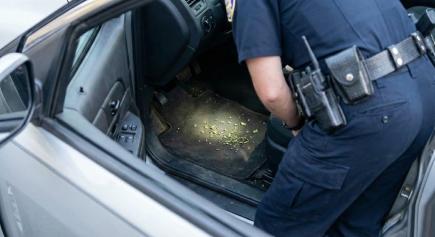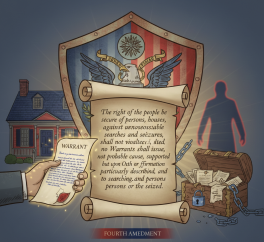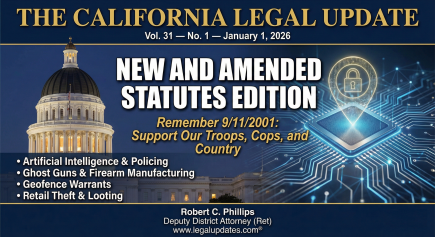

- Ref # CAE00013
- March 10, 2022
Defamation Civil Suits Brought by Law Enforcement Officers
Defamation Civil Suits Brought by Law Enforcement Officers.
A false accusation against a police officer alleging the unlawful use of deadly force may be grounds for a civil suit against the officer’s accuser.
In this era of heightened public sensitivity to police shootings and other law enforcement generated homicides, the officers involved in such an incident often find themselves being the target of a lot of hateful rhetoric, not uncommonly coming from public officials. (The term “homicide” is defined as “the killing of a human being by another human being, whether lawful or not.” Also, the term “victim” is meant here only to refer to the one who is killed by a police officer, and not meant to infer whether such a shooting was legally justified or not.) When this occurs, the involved officers may feel helpless, with no way to defend themselves publicly, at least until they are sued and/or become the target of an actual criminal prosecution; neither one of which is a pleasant experience. But a recently published case demonstrates how officers can go on the offensive rather than merely sit back and take it.
In Miller v. .... © 2026 Legal Updates, LLC.
This content is protected by copyright law. Republishing or redistribution in any form without written permission is strictly prohibited. For licensing or reprint requests, contact support@legalupdates.com.







